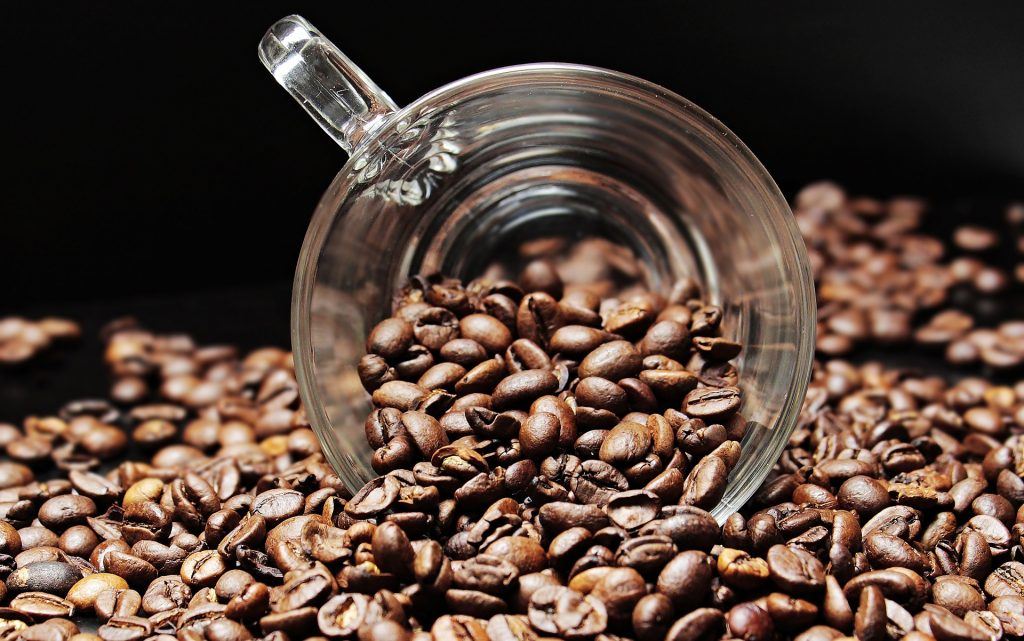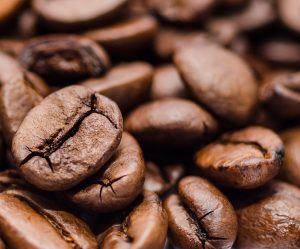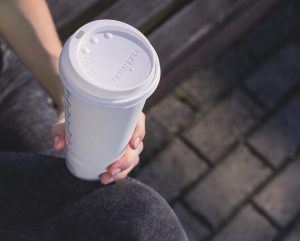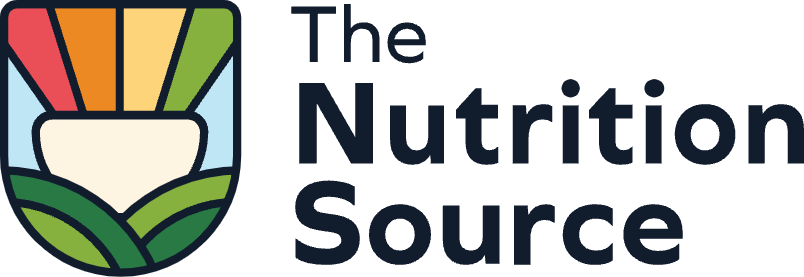
A recent ruling by a Los Angeles County Superior Judge states that all California coffee shops and sellers must warn consumers about the “potential cancer risk” from drinking coffee—a judgment following a lawsuit focused on the specific chemical acrylamide, which has been linked to cancer in rats.
However, scientists are adamant that coffee does not need a warning label. In fact, research on humans shows that coffee may even be protective for some cancers and other diseases.
“This is an unfortunate ruling that demonizes coffee as a carcinogen when the overwhelming evidence in humans is for benefit or at least no detrimental effect,” said Dr. Nigel Brockton, Director of Research at American Institute of Cancer Research (AICR), in a statement on the California decision. “It is unwise, in this case, to extrapolate studies from animals to humans because the metabolism of acrylamide differs considerably, and the doses used in lab studies are not comparable. The beneficial effects of coffee, even for relatively high intakes, have been demonstrated and are linked to improvements in insulin control, antioxidant responses and reduced inflammation – all of which provide protection against cancer.”
Dr. Ed Giovannucci, who researches links between lifestyle factors and cancer risk at Harvard T.H. Chan School of Public Health’s Department of Nutrition, added, “We have studied coffee for decades now and have enough evidence from large, well-designed studies to say that coffee is protective for some cancers. We can confidently say that coffee is not harmful and certainly doesn’t have to be labeled the way we label tobacco, which is actually proven to be harmful and causes many cancers.”
 The warning label is based on California’s Safe Drinking Water and Toxic Enforcement Act of 1986, which requires that businesses warn customers if they could be exposed to any of over 900 confirmed or suspected carcinogens. Acrylamide—a compound found not just in roasted coffee beans, but a range of cooked food items including chips, French fries, and toasted bread—is one of the suspected carcinogens making this list. Although acrylamide increases cancer risk for lab animals at higher doses, no links have been established between acrylamide in food and cancer risk for humans.
The warning label is based on California’s Safe Drinking Water and Toxic Enforcement Act of 1986, which requires that businesses warn customers if they could be exposed to any of over 900 confirmed or suspected carcinogens. Acrylamide—a compound found not just in roasted coffee beans, but a range of cooked food items including chips, French fries, and toasted bread—is one of the suspected carcinogens making this list. Although acrylamide increases cancer risk for lab animals at higher doses, no links have been established between acrylamide in food and cancer risk for humans.
“[The decision] is really unfortunate because most of the human studies published so far have failed to find links between acrylamide and different types of cancer,” noted Dr. Walter Willett, also from the Department of Nutrition at the Harvard Chan School of Public Health. “We have looked at coffee, acrylamide intake, and acrylamide blood levels, and there is no hint of increased cancer risk, and in fact, we have only found health benefits of coffee per se.”
What gets lost in a decision like this is that coffee is a complex beverage containing hundreds of different compounds, many of which have potentially beneficial effects, including anti-inflammatory, anti-oxidation, and anti-cancer. As a whole, studies on the beverage indicate far more benefit than harm. In 2016, The World Health Organization’s International Agency for Research on Cancer found “no conclusive evidence for a carcinogenic effect of drinking coffee” (where the only limited evidence for concern was related to drinking beverages at very hot temperatures). Moreover, evidence from AICR suggests that drinking coffee may reduce risk for endometrial and liver cancer. Beyond cancer, research has also linked coffee consumption with reduced risk of diabetes and heart disease. The 2015 Dietary Guidelines for Americans say that up to five cups of coffee per day “can be incorporated into healthy eating patterns.”
Indeed, the best public health nutrition guidance is based on more than reducing foods to research on individual compounds—even more so when the evidence primarily includes animal studies. In response to the decision, health experts have also expressed concern that the ruling could unnecessarily confuse the public.
“If the concentration level is so low, then what’s the meaning of labeling those foods?” commented Dr. Frank Hu, chair of the Department of Nutrition at the Harvard Chan School of Public Health, who also noted that the ruling seemed meaningless given the “minuscule amount” of acrylamide in coffee.
 “The decision has the potential to do much more harm than good to public health, by confusing people into thinking risks from something like coffee are similar to those from smoking,” said Dr. Giovannucci, in an interview and an op-ed on the topic. “On a ‘cancer worry’ scale from 0 to 10, coffee should be solidly at 0 and smoking at 10; they should not have similar warning labels.”
“The decision has the potential to do much more harm than good to public health, by confusing people into thinking risks from something like coffee are similar to those from smoking,” said Dr. Giovannucci, in an interview and an op-ed on the topic. “On a ‘cancer worry’ scale from 0 to 10, coffee should be solidly at 0 and smoking at 10; they should not have similar warning labels.”
The bottom line: there is considerable evidence that coffee—especially consumed without too much added sugar or cream—provides far more benefit than harm. Those who already drink coffee in context of a healthy eating plan should not be concerned by the recent ruling.

